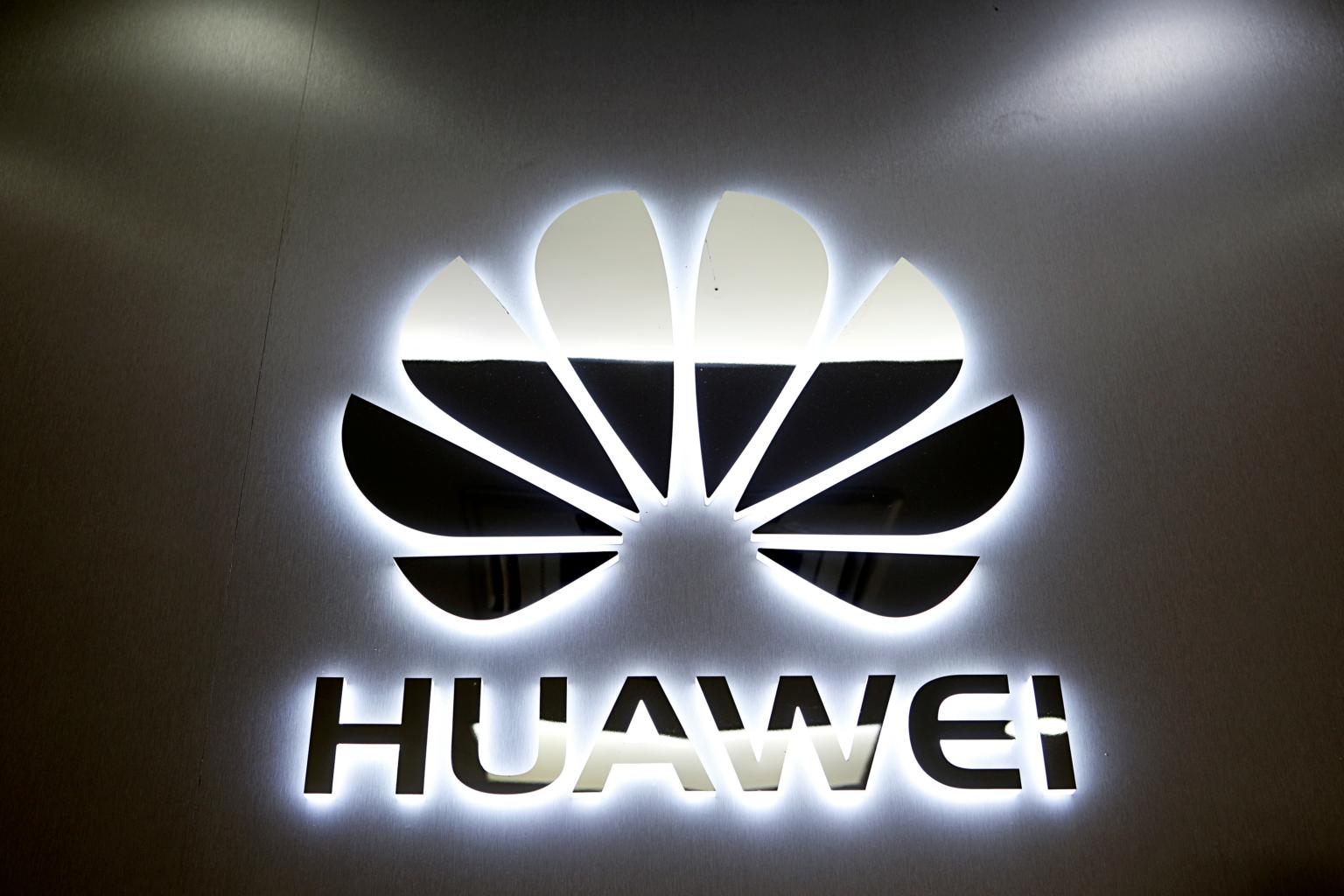Huawei calls on US courts to throw out ban on its equipment
Sign up now: Get insights on Asia's fast-moving developments

Huawei filed suit against the US bill in March, saying it was unconstitutional.
PHOTO: REUTERS
SHENZHEN - Chinese tech giant Huawei has called on United States courts to declare as unconstitutional, legislation that bars American agencies from using Huawei's equipment.
The firm said on Wednesday (May 29) that it has filed a legal motion for a summary judgment in its case, challenging the constitutionality of Section 889 of the National Defence Authorisation Act (NDAA), which prohibits government agencies and their contractors from buying Huawei's equipment and services.
Huawei had first sued the US government in March challenging the NDAA, which explicitly names Huawei and ZTE, another Chinese telecoms equipment maker, citing both firms as posing national security risks.
On Wednesday, the company called a press conference at its headquarters in Shenzhen where it hit back at the US, saying the law was an abuse of legislative power.
The Act singles out Huawei, presumes its guilt and deprives it of the right of rebuttal, said the company, noting that this was unconstitutional.
Explaining why Huawei has called for a summary judgement - which requests that the courts rule in its favour as a matter of law - the company's lead counsel for the case, Mr Glen Nager, said because the case presents pure questions of law, it justifies "the motion for a summary judgement to speed up the process".
"We believe this is the best and fastest way to set aside this unconstitutional law," Mr Nager told reporters via a teleconference call from the US.
Huawei's latest motion was filed late on Tuesday in the US.
The Chinese company, the world's largest telecoms equipment manufacturer, has been facing mounting pressure from Washington, which has long accused the firm having close links with Beijing, and aiding it in espionage, a claim Huawei denies.
Earlier this month, the US' Commerce Department also put Huawei on its Entity List, in effect blacklisting it, restricting its access to software and products from US firms.
This would strike a heavy blow as Huawei depends heavily on US tech - from chips, to software like Google's Android operating system.
The firm's founder and chief executive, Mr Ren Zhengfei, told Chinese media last week that half of Huawei's chips came from American companies.
Chief legal officer Song Liuping said on Wednesday that Huawei was exploring options including "administrative and judicial means" to challenge the blacklisting.
"We believe ultimately we are fighting for a fair chance to compete in the market," said Mr Song.
During the hour-long press conference, senior executives at times took a strident and defiant tone.
"Politicians in the US are using the strength of an entire nation to come after a private company… this is not normal. Almost never seen in history," said Mr Song.
He added that Huawei's blacklisting threatens the welfare of its 3 billion customers across 170 countries, which include those in developing countries and rural areas in the US.
Head of corporate communications Vincent Pang added that company's data shows that allowing Huawei to participate in the US market would save telecom operators there US$20 billion over the next four years in the construction of their networks.
He added that the recent US measures on the company could be the start of a "fragmentation of technical standards and the global ecosystem", echoing claims by analysts that a technological cold war between the US and China could separate the world into two mutually exclusive technological spheres.
At one point, Mr Pang and Mr Song were asked bluntly if they were members of the Chinese Communist Party.
While Mr Song said he was not, Mr Pang replied: "I wonder why there is interest in my individual political affiliation because I don't think it matters to the company's business operations. I think it's a matter of privacy."


